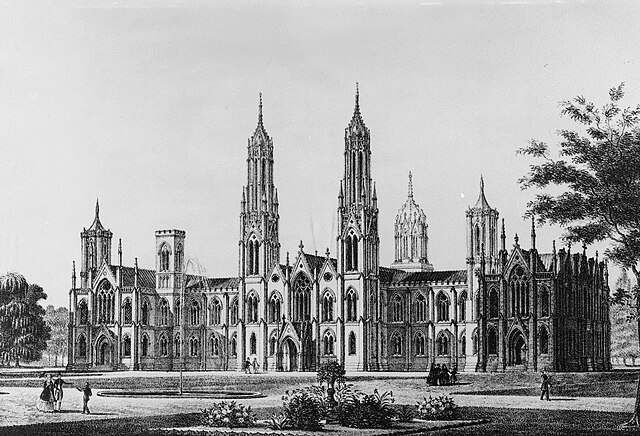The Functional Importance of the Makhalla Institution in Shaping Competitive Qualities

Author (s): Nazarova Nilufar Juraevna
Institution: Associate Professor (PhD), Department of Social Sciences, Tashkent State Transport University, Uzbekistan
Category: Articles, IJMMU
Topics: Social Institutions; Makhalla, Youth Competitiveness; Family Upbringing; Education; Law; State Policy; Sociological Theory; Structural-Functionalism; Uzbekistan; Socialization; Institutional Development
Abstract: This paper explores the functional role of social institutions – particularly the makhalla – in the development of competitive qualities among youth in Uzbekistan. Drawing on classical and contemporary sociological theories, it analyzes how institutions such as the family, education, law, and the state influence youth behavior, values, and capacity for competition in a rapidly changing socio-economic environment. The makhalla, as a culturally embedded and community-based institution, serves as a key intermediary in implementing state policy, promoting spiritual and moral development, and fostering youth engagement. The study emphasizes the importance of a systems-based, structural-functional approach in understanding how institutional frameworks support the integration, socialization, and empowerment of young individuals. The paper also highlights the need for empirical, sociological research to assess the effectiveness of these institutions, especially in the context of global challenges such as the COVID-19 pandemic. Ultimately, the paper concludes that the institutional support system – centered around makhalla and family structures – plays a crucial role in nurturing a generation of socially responsible, skilled, and competitive youth.
Article can be downloaded here >> The Functional Importance of the Makhalla Institution in Shaping Competitive Qualities | Juraevna | International Journal of Multicultural and Multireligious Understanding








